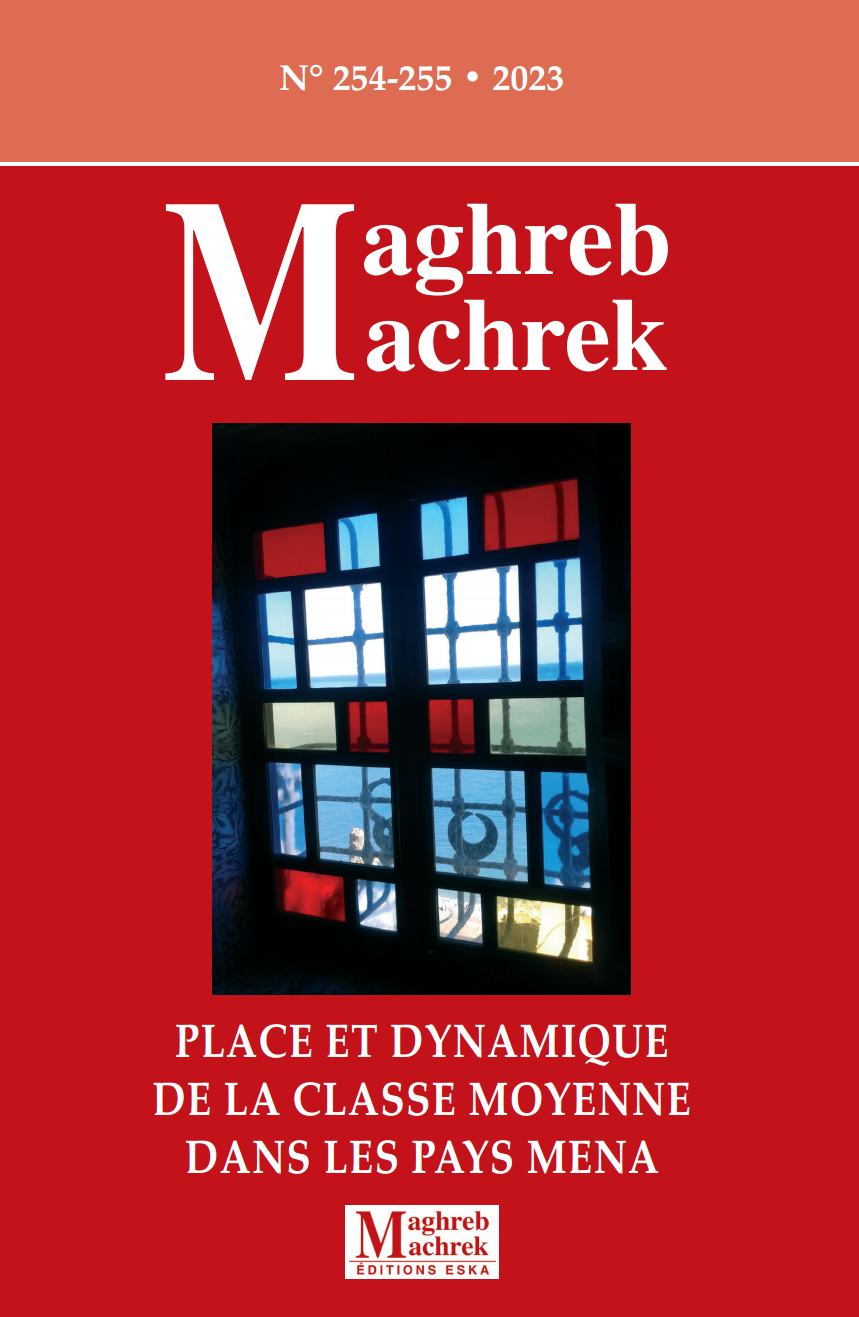BIOETHICS AND WOMEN’S RIGHTS IN TUNISIA: SEXUALITY, PROCREATION AND FREEDOM
##plugins.pubIds.doi.readerDisplayName##:
https://doi.org/10.54695/machr.252.0027Mots-clés:
Biomédecine, corps des femmes, égalité, éthique, Islam, lois, procréation, Tunisie.Résumé
Legal gains regarding individual freedoms and sexual equality have far from closed the debate on sexuality, childbirth, family relations, and women’s physical and mental health. Women’s bodies remain at the heart of social concerns, especially with regard to sexuality and reproduction. They are sometimes the object of science but above all they are the symbol of all social transgressions. The legalization of contraception and abortion in post-independence Tunisia is also related to population policy and to a certain form of state feminism. Nevertheless, challenges to these gains are manifestations of a quest to shape identities and a desire to give society a say in decisions about having children. On the other hand, faced with Tunisians’ desire for children, medical practice in the country overtook the law in order to help couples procreate. It was then that legislators stepped in with the law on reproductive medicine. The conditions of access to assisted reproduction remain fundamentally determined by socio-cultural prohibitions. For example, couples must be married, and the use of donors or surrogate mothers is banned. Ultimately, filiation remains a means of exerting pressure on women/mothers; together with their children, they are victims of social perceptions reducing them to their genealogies. This article examines the consistency of the various legal texts and how legislative choices relate to the social perception of bodies in general and female bodies in particular.





